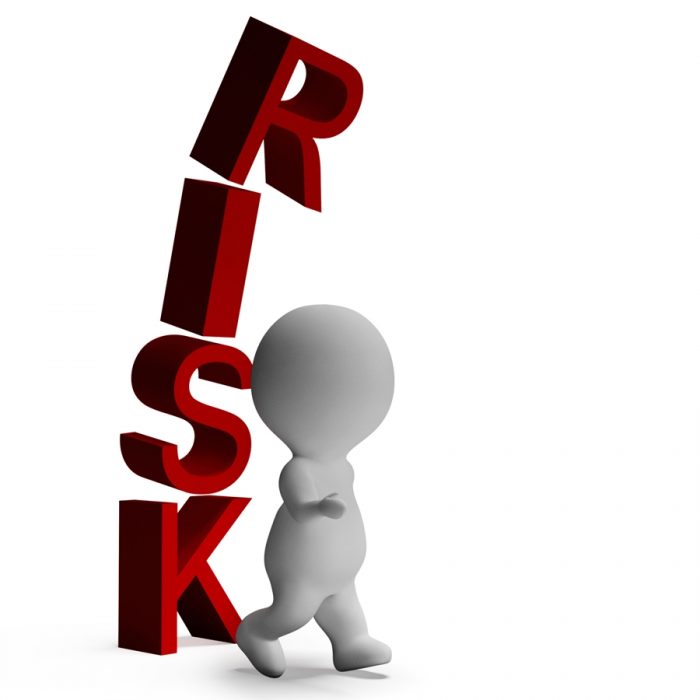If you are facing a lawsuit and are getting sued, will bankruptcy save you from the debts you will have to pay otherwise? That question has no simple answer. A lot will be dependent on your particular situation. The best way to go about this is to think of a situation where a bankruptcy can discharge your debt. In a chapter 7 case, you might be able to get your debts wiped out, but it depends on what kind of debts you owe.
When you get sued, for any reason, the amount will be set by the court and the court will make sure you pay. If the court discharges your debts, on the other hand, your personal obligation to pay the said debt will be removed. However, if you are declaring bankruptcy and the lien for the debt still stands, it can be used to stake a hold on your assets.
Lawsuits Judgments During Bankruptcy
Some debts are not dischargeable even under chapter 7. Such debts will remain and you will have to continue paying them.
- Spousal support and child support payments
- Debts that need to be paid to the government
- DUI (driving under the influence) related debts
- Home owner’s and condo fees
The above debts are non-dischargeable, hence, by extension, if the lawsuit that is placed on you involves any of the above, you will not be exempt from paying them even in a case of bankruptcy. If the debts you owe are not part of the above list, that does not automatically set you free. You may still be required to pay debts if the lawsuit is based on fraud. Cases that involve assault and battery, credit fraud, financial crimes, embezzlement, and crimes that happen as a result of misuse of a position of trust will not be discharged by the courts.
Your Modesto bankruptcy lawyer can stop lawsuits and guide you through the debt relief process.

